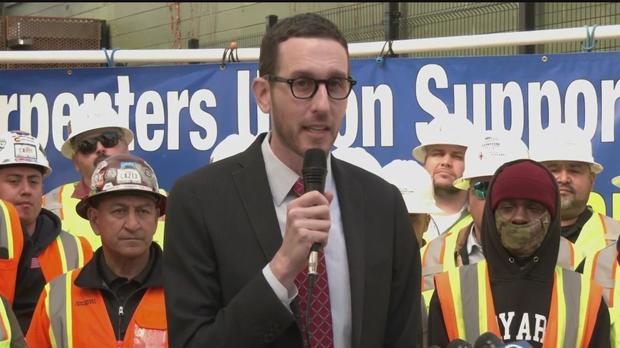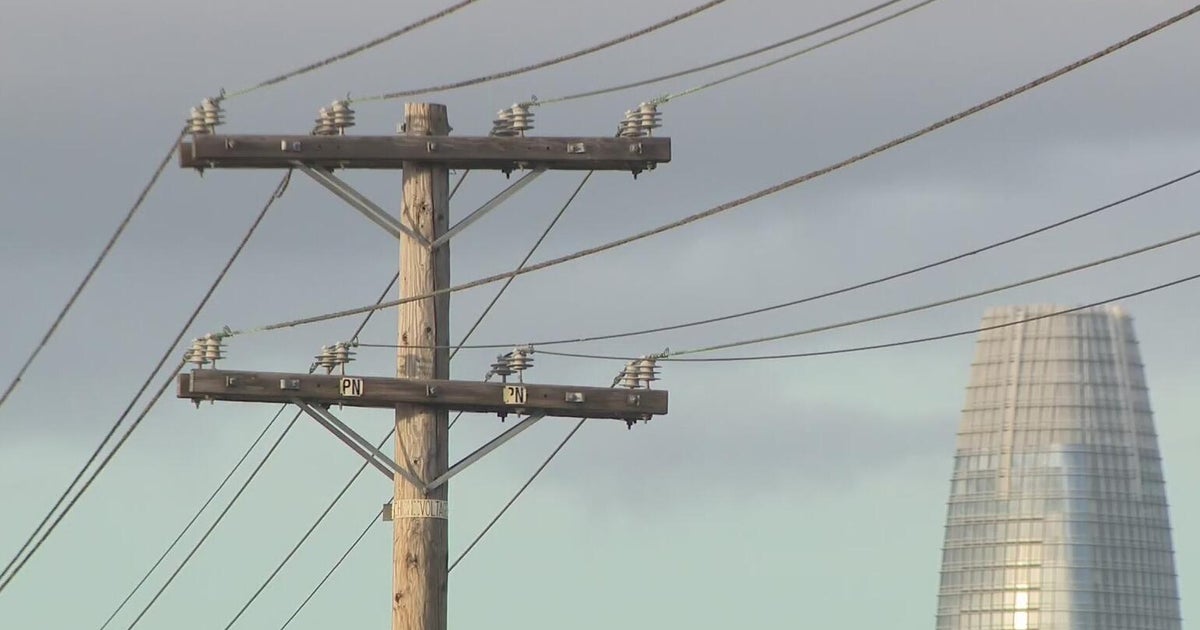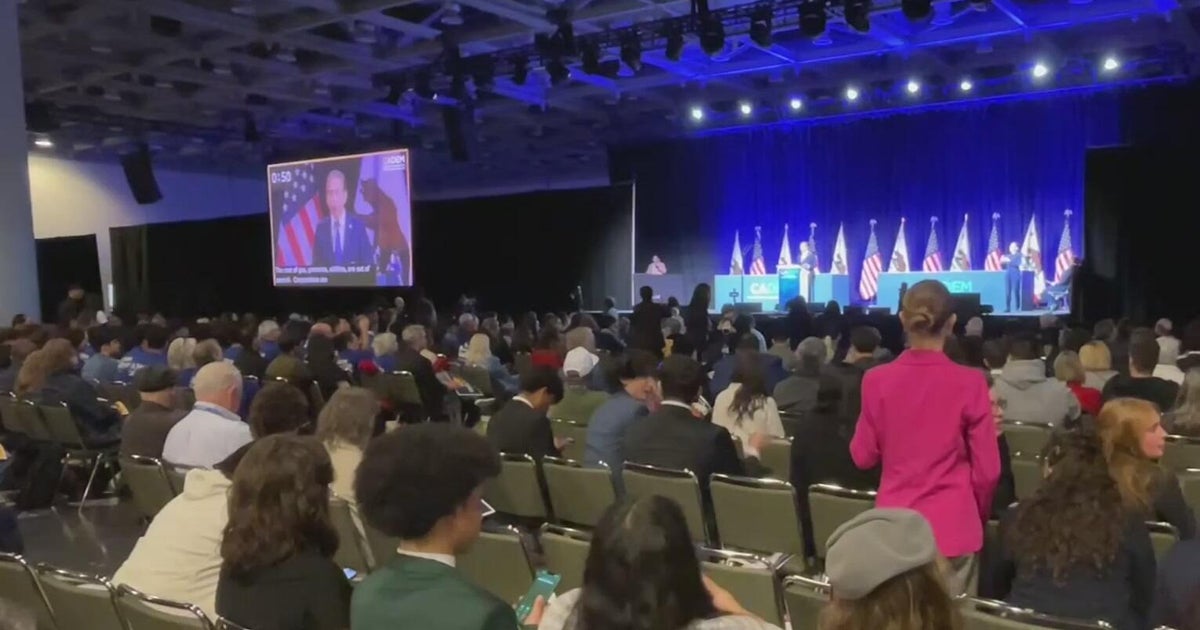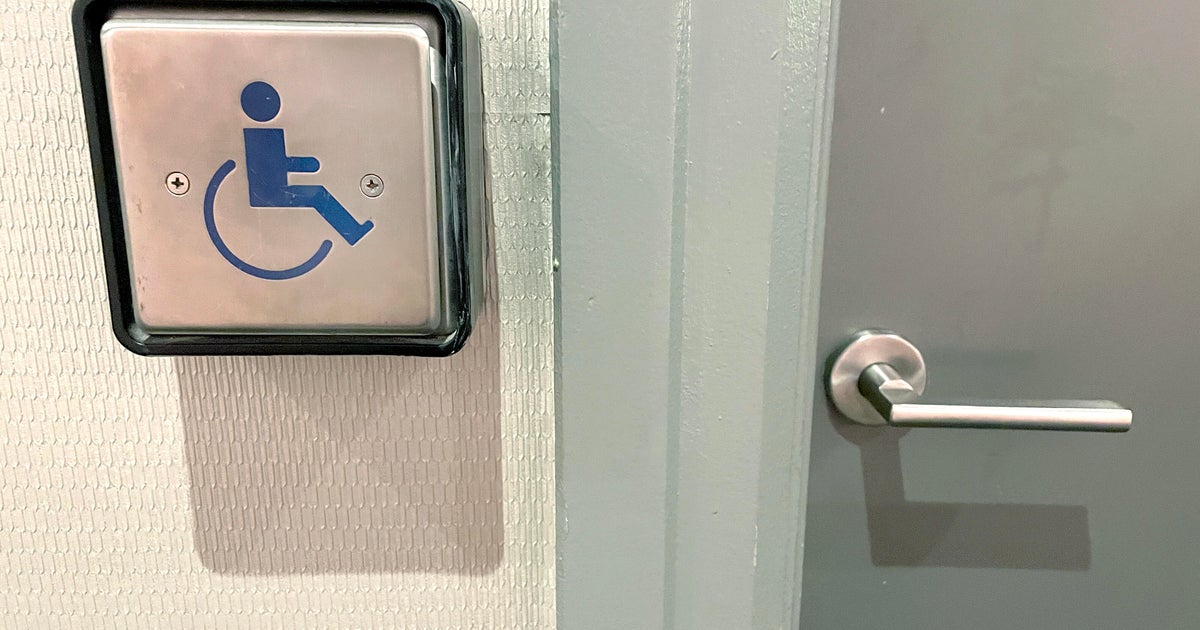New bill would expedite approval process for all mix-income housing projects
SAN FRANCISCO – After California cities were recently mandated to expand their housing targets, State Sen. Scott Wiener wants to streamline the approval process for all mixed-income housing projects in a new bill introduced on Monday.
If passed, Senate Bill 423 would build on 2017's Senate Bill 35, which required cities failing to meet their affordable housing goals to expedite the approval timeline so certain construction projects can begin to break ground.
Also authored by Wiener (D-San Francisco), the law enforces a three to six month-deadline for local jurisdictions to review and approve subsidized affordable residential housing projects, so long as they are in an urban area, do not demolish historic buildings or other units, meet objective planning standards and pay prevailing wages, among other criteria.
SB 423 would expand the provisions to include all mixed-income housing units, and ensure that SB 35's initial sunset date in 2026 would be extended.
Wiener said that in the law's first four years, it has helped build or approve 18,000 units, with three-quarters of those units being below-market rate. He said SB 35 has been "absolutely transformational" in getting housing in a time where the state is "short millions of homes."
He said that expanding the litigation to include more housing projects will further remove barriers as cities like San Francisco are vying to reach ambitious housing quotas. Just last month, the city passed a new Housing Element, which calls for the construction of over 82,000 homes in the next eight years - which is over three times the number of homes the city produced on average in the past decade.
"It's very simple -- If you meet all the rules, you meet the zoning, the setbacks, the designs and everything else, you can get your permit without a hyper-politicized, chaotic process that could take years and lead to litigation because anyone who has an attorney can challenge you," Wiener said.
Ramie Dare of Mercy Housing said SB 35 has allowed the affordable housing developer to create a pipeline to quickly provide housing for seniors, people exiting homelessness, young mothers and people with disabilities.
"When you think about how long so many people wait for a safe, affordable place to call home every single day makes a difference," said Dare.
One example is 833 Bryant Street, a permanent supportive housing project that once was a parking lot. Dare said Mercy Housing utilized SB 35 to turn the lot into homes in less than three years, which is 30 percent faster than comparable supportive housing developments.
Elaine Luna is one the 145 residents that currently lives at the complex, located in the SOMA district. Before Luna moved in, they called a shelter their main residence, and before then, a tent. When they were homeless, Luna said they felt like there was no place for them to safely store their possessions, have peace and privacy, or even use the bathroom.
They considered their move into 833 Bryant a "godsend," as they never imagined the chance to move into an apartment like this on their own.
"Nobody chooses to be homeless. Nobody chooses to be in the streets," Luna said. "There just isn't affordable housing like this, because not everyone has great paying jobs. If you work at the supermarket making minimum wage, it doesn't cover rent, or it does and you have no money for anything else."
California YIMBY, a housing advocacy group that is co-sponsoring the legislation, said the law has made it cheaper and faster for low-income housing developers to carry out their work, while also backing projects with well-paying jobs for construction workers.
"California, as the senator noted, needs millions of new homes, for people of all incomes and at all stages of life," said California YIMBY's CEO, Brian Hanlon. "It only makes sense to do more of what works to make sure those homes are built and that they're built by workers who received a fair wage."
The Nor Cal Carpenters Union, another co-sponsor, said this bill could help protect thousands of construction workers from wage theft, tax fraud and health care insecurities by requiring contractors to provide fair wages, apprenticeship opportunities and benefits.
"This bill is another example on how prevailing wages will become the new standard for how housing legislation gets passed, protecting workers and protecting the workforce that is building a better California," said Ron Rowlett, director of government affairs for the union.








